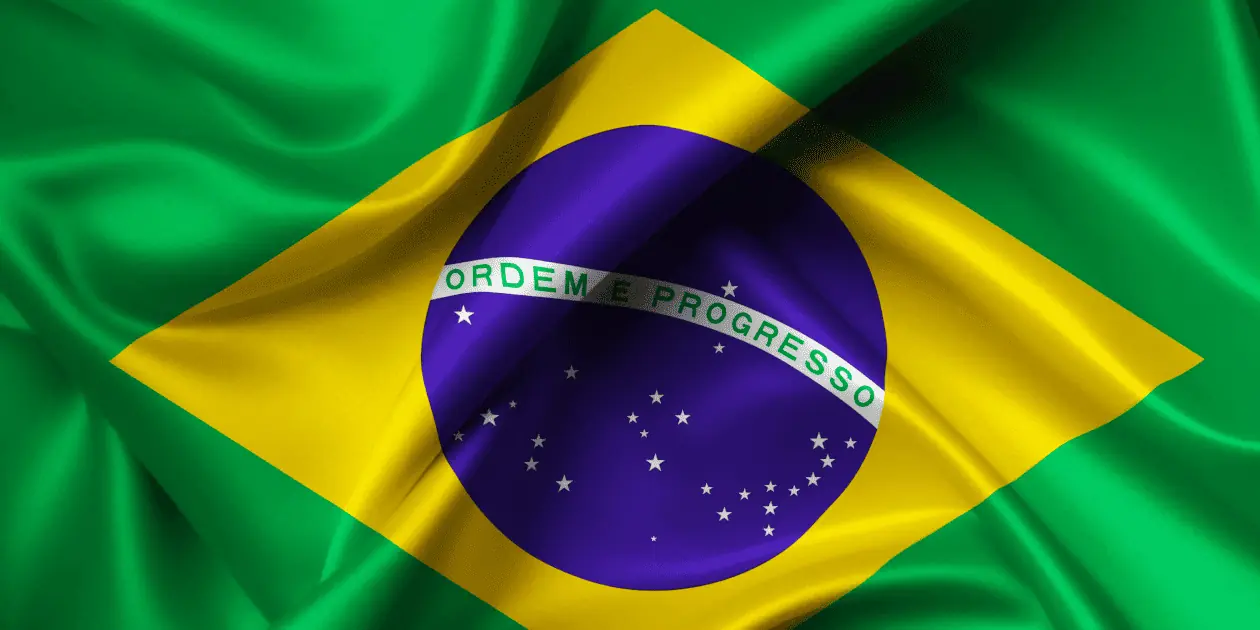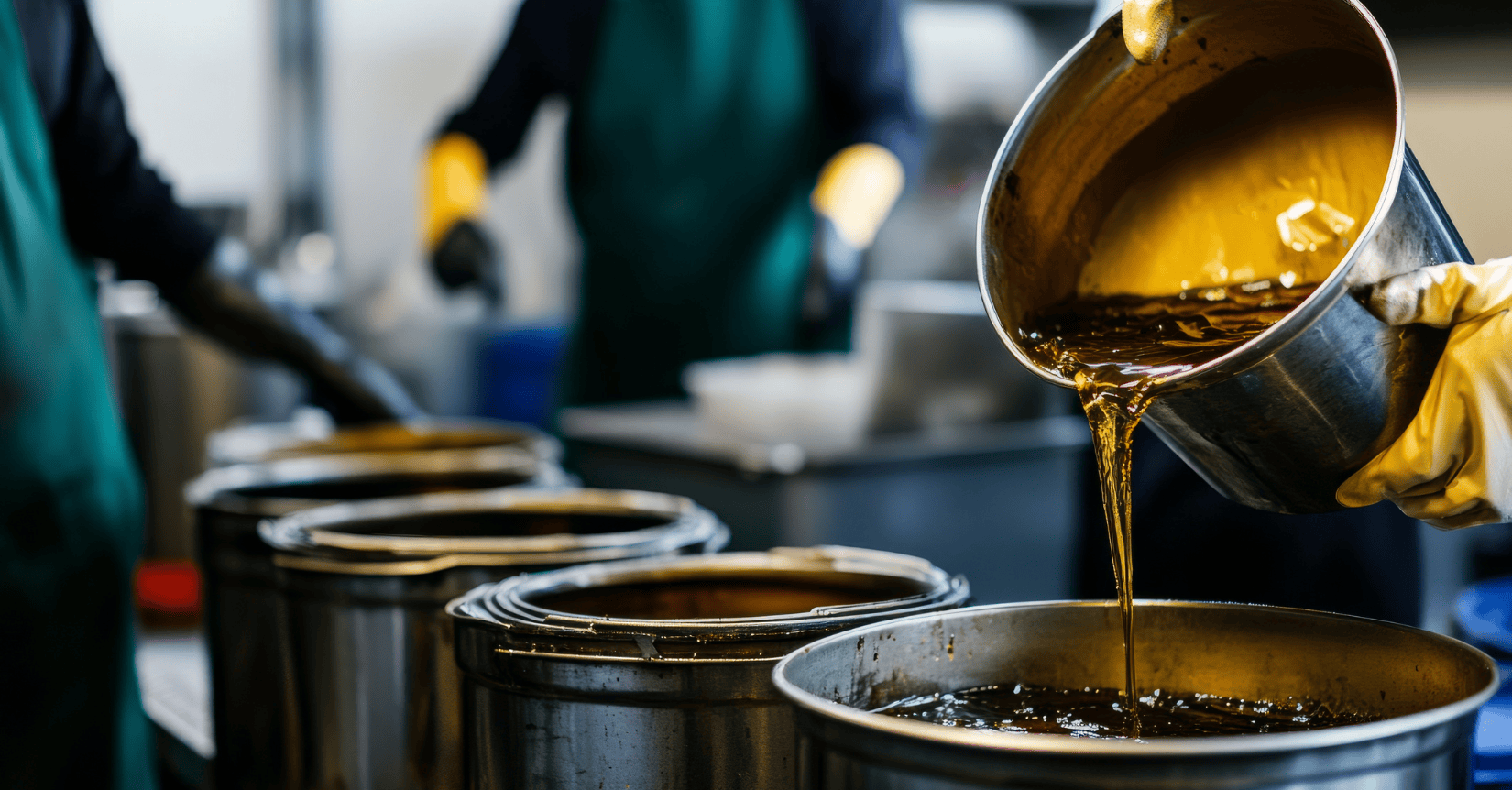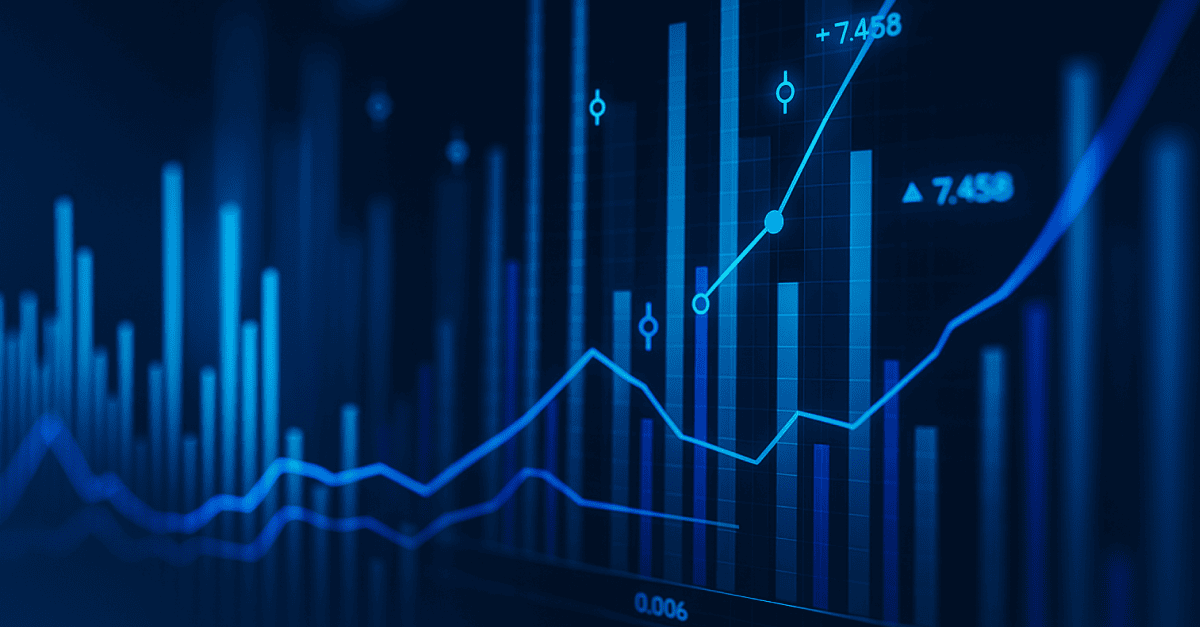Whether under Luiz Inácio Lula da Silva (PT) or Jair Bolsonaro (PL), the next president of the Republic will have to deal, in 2023, with a reality of high fuel prices in the international market, according to analysts’ projections.
The scenario will require a quick response from the next government – including on what to do with the exoneration that has eased derivatives inflation in recent months, but which still has its future uncertain.
In the very first months of the next president’s mandate, Europe will stop importing, in February 2023, Russian derivatives. This is one of the main sanctions imposed by the European Union against Moscow, in retaliation for the invasion of Ukraine.
The global refining director of the consultancy Wood Mackenzie, Ixchel Castro, says that this change in global fuel market flows – in the middle of winter in the Northern Hemisphere – should contribute to make prices volatile. And it will require, from Brazil, the search for new suppliers, especially of diesel.
“[The new Brazilian government] will face high diesel prices, for sure. Prices will no longer be [in 2023] at the historical levels we saw a few months ago, but they will remain higher than historically, probably, next year,” commented the Wood Mackenzie analyst, in an interview with the EPBR agency.
In addition to the direct impact on consumers’ pockets, the global energy crisis also brings risks to Brazil’s trade balance. The potential destruction of demand, especially in Europe and Asia, is bad news for a crude oil exporting country like Brazil.
“Evidently, the potential [global] recessionary scenario will impact exports to the Brazilian market and revenue inflows,” he said.
Since August, in the face of fears of a global recession, Brent prices have returned to near pre-Ukraine war levels, after more than five months above $97 a barrel. In September, the commodity’s price even traded below $90 during the end of the month.
The scenario for 2023, however, is for oil to continue at high levels. According to a Reuters survey of 42 global economists and analysts, the average Brent crude price is expected to stand at $100.45 a barrel in 2022 and $93.70 in 2023.
Ixchel Castro believes diesel prices will remain at high levels at least until mid-2023, for when new refineries in the Middle East and Africa are expected to start operating. Until then, the global market should remain volatile as it reorganizes.
She explains that the Ukraine war has accentuated a structural problem in global refining. On the supply side, global refining capacity has fallen in recent years. Many refineries have closed or been converted to biorefineries and storage terminals in the face of the uncertainties brought about by the energy transition and the consequent lack of clarity about the future of demand.
On the consumption side, on the other hand, the reduction in global capacity has coincided with a recovery in demand for derivatives after the international market was hit by the pandemic and with European demand heating up for alternatives to Russian derivatives after the outbreak of the Ukraine War. Europe has also been demanding more diesel, as an alternative to Russian gas. All this puts pressure on prices.
“We are in a world with lower capacity, low global stocks and with one of the largest global buyers, Europe, looking for new suppliers – and at a premium,” Castro summarized.
The Energy Research Company (EPE) last week published studies on international prices of derivatives that point in the same direction. In the case of diesel, according to the Brazilian state-owned energy planning company, premiums should remain high between 2022/23, while global flows adapt to the new market reality. Demand should increase in the short term due to natural gas substitution.
The U.S. Energy Information Administration (EIA) estimates, in turn, that a gallon of diesel in the United States, Brazil’s main supplier, should retreat from $4.99 in 2022 to $4.28 in 2023. Still, prices tend to stay higher than the levels of recent years: from $2.56 in 2020 and $3.29 in 2021. Fuel inflation was one of the hottest agendas in the 2022 election race. In two months, two Petrobras presidents – Joaquim Silva e Luna and his successor, José Mauro Coelho – fell, amid pressure from President Jair Bolsonaro against price readjustments of the state-owned oil derivatives.
Pressed politically by the high prices, Bolsonaro bet heavily on a controversial exoneration package to lower the price, especially of gasoline, on the eve of the elections. From June to September, the liter of the derivative dropped from R$7.25 to R$5, on average in Brazil – which became one of the 30 countries with the cheapest gasoline in the world, according to GlobalPetrolPrices.
GlobalPetrolPrices is a market research website that monitors 170 different countries. The survey considers the average price in each country, converted to dollars. The data, however, does not include purchasing power parity, meaning it does not reflect the different costs of living in the countries. In summary, the recent drop in fuel prices, in Brazil, is underpinned by four pillars:
– The exoneration of federal taxes on gasoline and ethanol, zeroed through law 194/2022
– The setting of the ICMS rate cap – from 17% to 18%, in most cases – on fuels and electric energy, also provided for in law 194/2022
– The reduction of the ICMS calculation base by the states, after a monocratic decision by Federal Supreme Court (STF) Minister André Mendonça
– The passing on of the drop in international prices more quickly by Petrobras under the management of Caio Paes de Andrade
The basis of the drop in fuel prices, however, has a date to end. The exoneration of federal taxes and the reduction of the ICMS tax base are temporary, valid until the end of the year and of Bolsonaro’s current term. The continuity of the cut of federal taxes depends on the approval of the budget and is not yet assured.
In addition, the states question, in the STF, the complementary laws No. 192/2022 (monofasia) and No. 194/2022 (ICMS ceiling). Conciliation negotiations, opened by Supreme Court Justice Gilmar Mendes, are scheduled to conclude after the elections.
Bolsonaro has already signaled his intention to keep federal fuel taxes at zero for 2023. The current president has forwarded to Congress the Budget project with a forecast of renewing the exoneration of gasoline, ethanol, CNG, diesel, liquefied petroleum gas (LPG) and aviation kerosene, at the cost of a tax waiver of R$ 52.9 billion.
Jula, on the other hand, defends another line of action, to contain the rise in fuel prices: end the alignment of Petrobras prices to the import parity price (PPI). The former president is critical of the ICMS ceiling law – target of clashes between states and the Bolsonaro government. But, asked if he will change the legislation, Lula cited that the STF itself already has an understanding favorable to the ceiling and that his focus is another.
“He [Bolsonaro] could have reduced the price of gasoline without messing with the ICMS of the states, he went messing to try to show that he could win politically,” said the petista, in an interview with SBT in September. “I don’t want to mess with politics that belongs to the governor. The governor takes care of his taxes. I want to mess with the policy that belongs to the president of the Republic: which is the price of Petrobras,” he replied.
The speeches of Lula and Bolsonaro, at certain moments, converge. During the price hike, the current president criticized the PPI and advocated ending the alignment to international parity. And for several moments, he has publicly pressured the oil company to hold off on readjustments or cut prices. Although he has stated several times that he cannot lower fuel prices with a “canetada” or interfere in Petrobras, the president of the Republic has already changed the presidency of the state-owned company four times in his four years in office, due to dissatisfaction with the company’s prices. And in Paes de Andrade’s current administration, Petrobras has intensified price reductions.
“The price [of fuel] is an issue that is worrying all governments [in the world]. Regardless of the [political position of the candidates], the concern for the consumer has to be a topic of discussion on the agenda. Obviously, how the problem is solved will vary, depending on political variations. Brazil has been down this road [price control] before and so has Petrobras. This had a major impact on Petrobras’ finances and its ability to reinvest and maintain expansion,” commented Ixchel Castro. The change in global flows of derivatives will require Brazil to look for new trading partners. Ixchel Castro believes that the United States will remain Brazil’s main diesel supplier, but points out that the Brazilian market will compete with Europe for the American product.
“Gradually, some [acquisition] opportunities will open up with Middle Eastern and Asian countries. New refineries in Africa may also represent new diesel procurement opportunities. Europe will continue to buy larger volumes, Brazil will compete with Europe, but there are a good number of options on the table,” Castro analyzed. On Friday, 30, the Minister of Mines and Energy, Adolfo Sachsida, announced on Twitter that 35 million liters of diesel arrived at the port of Santos (SP), from Russia. The volume represents less than 1% of the monthly diesel consumption in the country. According to the minister, new cargoes should arrive from Russia in October. It was not informed who imported the Russian diesel. The Bolsonaro government has been maintaining trade relations with Vladimir Putin, even with the sanctions imposed by Western powers on Russia. There is no impediment, from a legal point of view, for Brazil to buy diesel from that country. Those interested in importing from Russia, however, may run into retaliation in the financial market or difficulties in processing payments or access to credit.
Ixchel Castro sees the risks of unsupplying the Brazilian diesel market as low. But Brazil will have to adapt to more pressured prices and tighter delivery conditions – such as high freight costs from more distant suppliers.
The National Petroleum, Natural Gas and Biofuels Agency (ANP) even proposed a measure this year to force large companies in the Brazilian market to increase diesel inventories during the most critical period, between September and November. Amid reaction from the sector, the agency backtracked.
For Castro, the discussion about minimum stocks or strategic diesel reserves, in Brazil, makes sense, especially given the great distance of the Brazilian market to alternative sources of supply.
The challenge, according to her, is how to implement such a measure. “Which part of the chain assumes the additional costs and how do you pass that on to the consumer?” she questioned.





